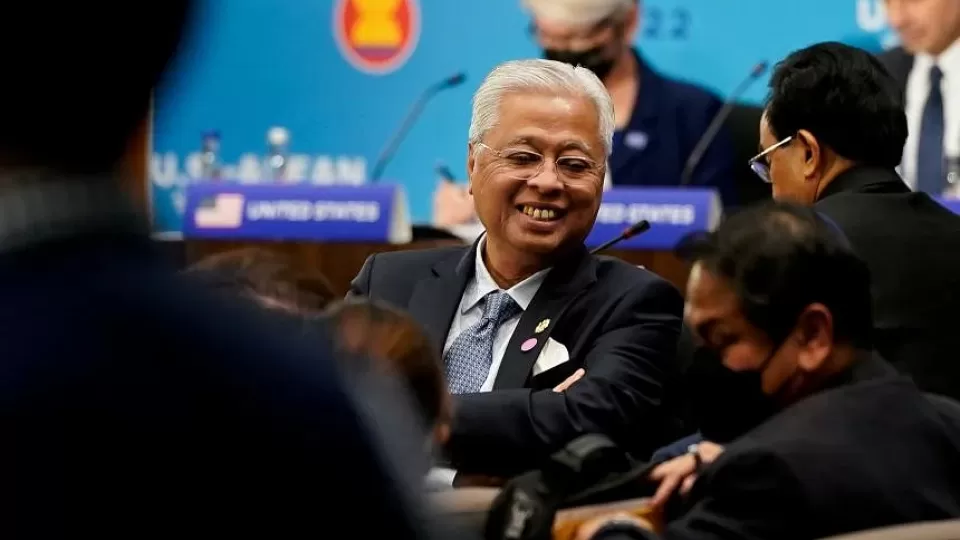July 28, 2022
KUALA LUMPUR – Malaysia’s Prime Minister Ismail Sabri Yaakob said on Wednesday (July 27) that his government continues to work on legislative reforms outlined in the cooperation agreement between his administration and opposition bloc Pakatan Harapan (PH), even though the accord between the parties to hold off dissolving Parliament expires this Sunday.
Datuk Seri Ismail’s remarks, made to the media during a National Higher Education Fund event, signals he is in no rush to call snap polls despite pressure from his party Umno to dissolve Parliament as soon as the confidence-and-supply agreement (CSA) with the opposition allows him to do so.
The prime minister said that while the CSA – signed in September last year to bolster his slim-majority government – would not be formally extended, it will still continue to be in effect until he dissolves Parliament.
Malaysia’s next general election must be held by September next year, at the latest.
Under the CSA, PH agreed to lend its support to confidence motions tabled in Parliament, in return for the government passing key legislative reforms which require the approval of a two-thirds majority in the Lower House. The parties also agreed to hold off calling an election until July 31, to facilitate these reforms and provide some political stability.
The most crucial of those reforms – an anti-party hopping law – was tabled by Mr Ismail only on Wednesday after a long delay in securing the buy-in of all political parties. It is expected to be voted on and passed this week.
However, other reforms such as the proposal to limit the term of the prime minister, to legislate political funding, and to separate the offices of the attorney-general and public prosecutor, are yet to be presented to Parliament, with the current Parliament sitting ending next week.
The next opportunity to bring such Bills to Parliament will come only in late October, when lawmakers meet to hear and debate Malaysia’s 2023 federal budget – a sitting that extends to Dec 15.
“We (me and PH) have agreed there is no need for a written extension on the agreement. We have an understanding, and this understanding will continue until Parliament is dissolved,” Mr Ismail told reporters.
Mr Ismail leads a government with a single-digit majority in Parliament, and relies heavily on bipartisan support to pass crucial Bills and major reforms that need constitutional amendments. The anti-party hopping legislation, scheduled for a vote on Thursday, needs a supermajority backing in the Lower House.
Mr Ismail, who is a vice-president of Umno, belongs to a faction in the party that is not keen on holding a snap election. He is the first Malaysian prime minister who is not the president of his party, and needs time to consolidate his position to ensure he is re-elected if Umno wins the next election.
Those calling for early polls are largely led by Umno president Ahmad Zahid Hamidi and former premier Najib Razak, both of whom face multiple graft charges in the Malaysian courts.
Mr Ismail said he would adhere to Umno’s general assembly resolution in March not to extend the CSA. But he noted at the same time that the ongoing legislative reforms being pursued had also been agreed to by his party at the assembly.
Opposition Leader Anwar Ibrahim said last week that the CSA will not necessarily end after the July 31 deadline. He said his coalition was not interested in ending the agreement and forcing an election at a time when Malaysia is struggling with inflation and soaring prices.
The CSA itself does not have an expiry date and only prevents the parties from dissolving Parliament before July 31.


